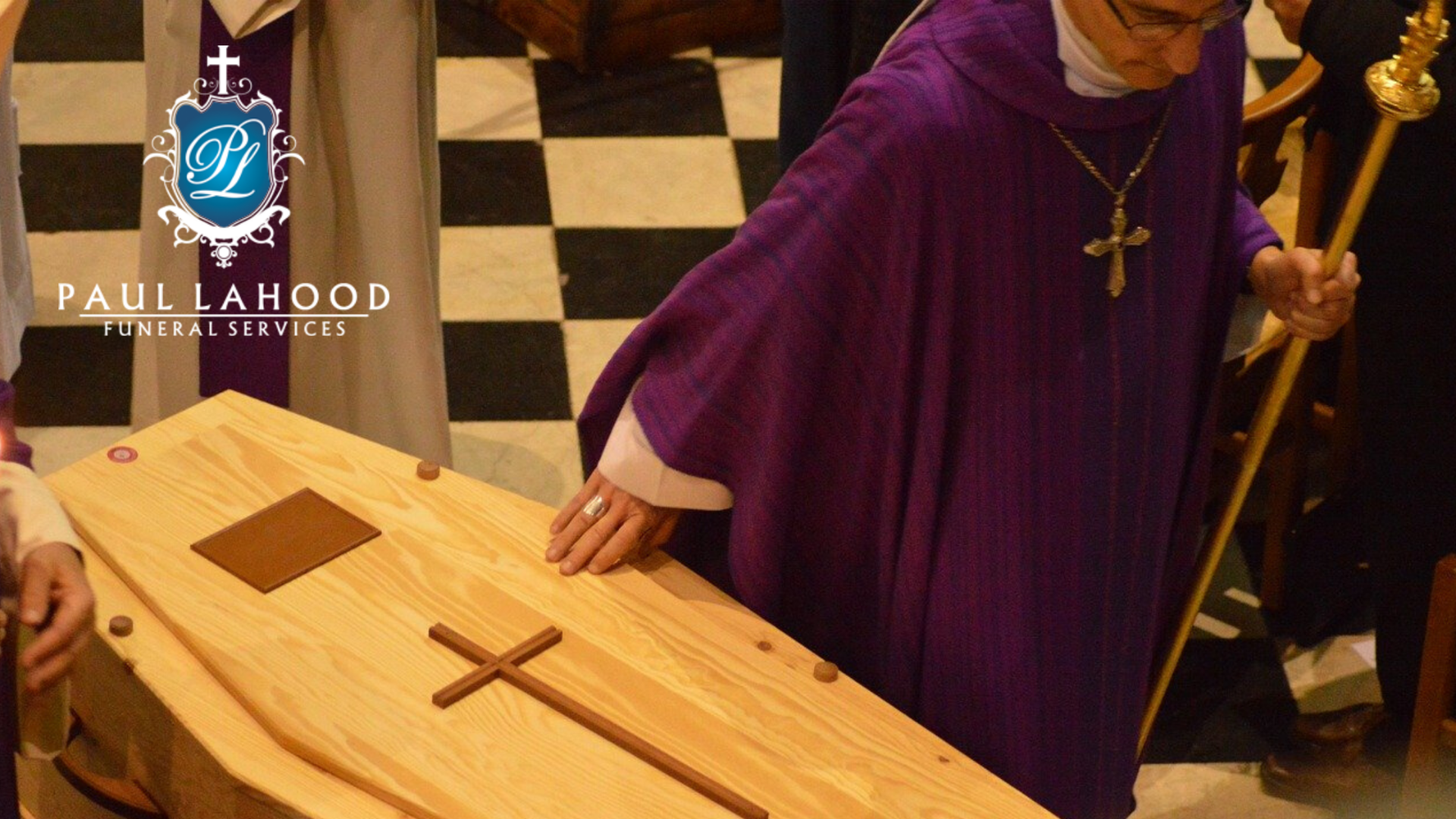Is It Appropriate To Not Have A Funeral?

Planning a funeral or memorial service for a recently departed loved one is an emotionally and physically challenging task for all the family members involved. It takes a lot of planning, coordinating and work, in order to get everything put together quickly and to get the word out efficiently. Some might think then, that forgoing a service altogether might be more convenient and less of a burden on a family.
Funerals can be an important part of grieving for a loved one who has died, but in recent years interest has grown in simple funerals and direct cremation. Or perhaps you'd rather not have a traditional service so that your loved ones are free to commemorate you however they wish. It's an opportunity for them to celebrate your life in whatever way they see fit, rather than a formal ceremony with songs and readings. If you'd prefer to not have a service, it's important to make plans in advance so that your wishes are followed. You can prearrange a direct cremation with the funeral director in Sydney.
Do I have to have a funeral? Legally, there is no requirement for you to have a funeral service. There is no law that says you are obligated to have a funeral, but the law does state that you must "dispose of the body of the person who has died by burial, cremation, or any other means". However, when someone dies, their body must be disposed of safely. In most cases, this is through burial or cremation, though there are some alternatives, such as burial at sea. That means that even if you want no ceremony when you die, your loved ones will still have to make arrangements and pay for burial or cremation services. So it would actually become the best idea, to help your family with preparing the funeral services of your own before you are leaving the world.
Some industry insiders have recently reported a surge of last wishes being that the deceased does not want a funeral or memorial service following their cremation; simply a family gathering after the cremation in order to scatter the ashes. While this can be somewhat of a relief for the family, who no longer has to plan a service or be saddled with the financial burden of death, there still remains the question of how people that aren't immediate family can pay respects.
If some friends are disappointed because they won't be able to honor your loved one by attending the funeral, choose a charity that they can donate to on your family member's behalf. This allows their friends to do something charitable and honor the deceased without forcing you to go against the wishes expressly set forth.
While your loved one may have meant their request to lessen the stress on the family or release the community from some need to attend a memorial service, many people feel the need to gather to celebrate someone's life and mourn their death. What you can do in this case is respectfully let friends know the deceased did not want a service, but if a group of people want to get together for a luncheon or a night at their favorite watering hole, there is absolutely nothing wrong with that.
When you offer suggestions like this or have various events for a week
or two after your family member's death, you get a chance to meet up with a
variety of friends, and share their life stories with many of them. You are
also honoring your loved one's wishes by not having a formal ceremony.